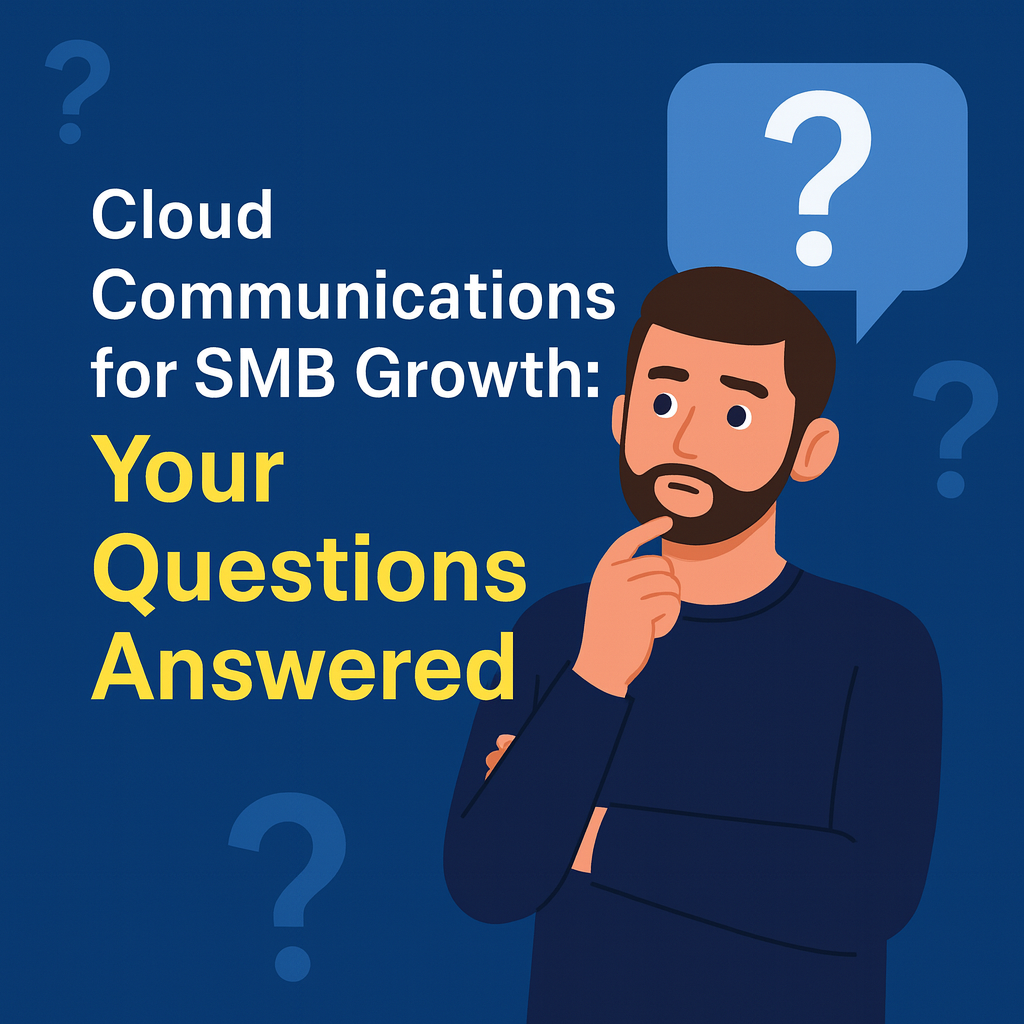
Traditional on-premise PBX systems can require a massive upfront investment of $70,000 to $90,000, plus thousands in annual maintenance fees. By contrast, cloud phone systems (UCaaS) use a simple monthly subscription model, often cutting total costs by 40-60%. On average, small businesses save about $3,200 per year after switching, with some saving even more by choosing a multi-provider strategy.
Yes, this is a key advantage of the cloud. You can instantly add or remove users as your needs change—whether you're hiring new remote staff, opening a new office, or tightening expenses. Cloud platforms offer total flexibility, allowing desk phones, mobile apps, and hybrid setups to work together seamlessly.
Cloud platforms were built for mobility. Employees can make and take calls from a desk phone, laptop, or mobile app, all while projecting the same professional caller ID. No matter where your team is located, your business presents a unified and professional image.
This is where cloud communications truly shine. Even a 10-person business can gain access to enterprise-grade features that make them operate like a Fortune 500 company. Key features include:
Modern cloud systems are actually more reliable than older PBX systems because they are designed with built-in redundancies. Instead of one single point of failure, cloud systems offer:
This means downtime that used to cripple a business can now be avoided or minimized.
Adopting cloud communications improves both customer experience and team productivity, which are essential for growth.
The future of cloud communications is even more powerful and integrated. Expect to see:
If you’re asking these questions, you’re already ahead of the curve. Moving to a cloud phone system isn’t just an upgrade—it’s a smarter way to cut costs, stay flexible, and future-proof your business.
At TTSX, we partner with multiple providers to find the best solution for your needs—giving you the features, pricing, and support to grow with confidence.
Ready to get your questions answered and explore your options?